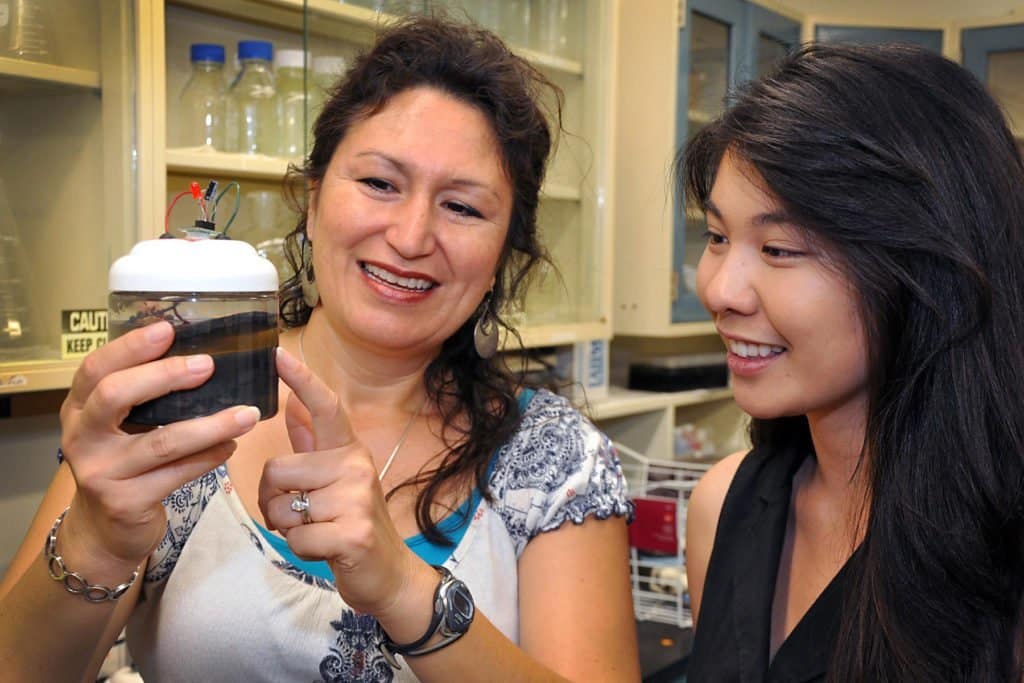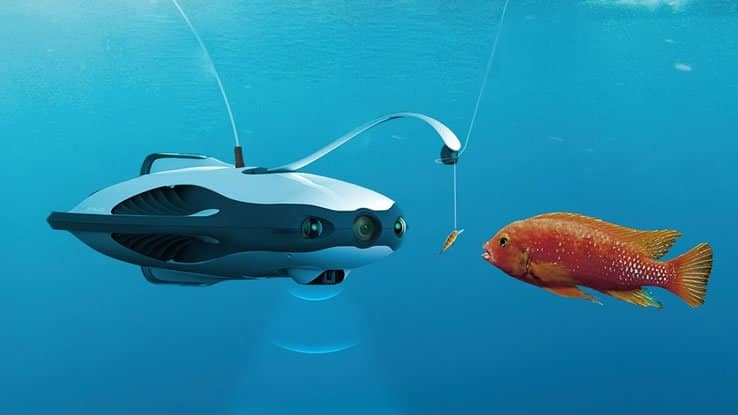The US Navy is interested in developing underwater robots to be used in a wide spectrum of scenarios, from inspection to surveillance through exploration and rescue.
As with aerial drones, however, their aquatic "cousins" also suffer from the same autonomy limits due to battery life.
There is a solution on the horizon, perhaps not very elegant but effective: equip these robots with bio-fuel cells capable of feeding on organic waste from fish deposited on the seabed.
Do I have to be more explicit? Underwater robots eating fish poop to feed their batteries.
The "material" is evidently found in quantity, ready to be converted into energy. A research team led by Meriah Arias-Thode at the Naval Information Warfare Center Pacific in San Diego has already started experiments.

There are currently 3 different biofuel cells being tested that can power various small sensors, such as those capable of measuring the acidity of water. The current sensors used have an autonomy of a few weeks: with this battery they can reach eight months.
Among the solutions being studied for the practical applications of these batteries is the use of underwater drones of all sorts and the establishment of 'charging points' directly on the seabed: the density of biological batteries would ensure that they can be stationed perpetually charging (like a sort of power bank) and provide meeting points for robots that are running out of energy.


